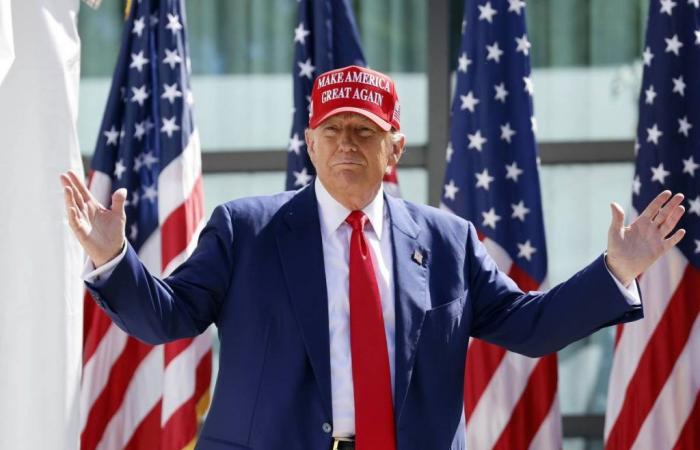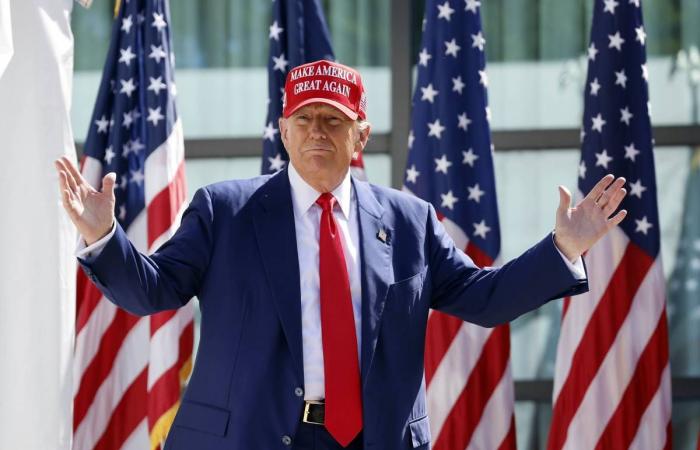Donald Trump is entitled to a “certain level” of immunity in the trial for the storming of Congress on January 6, 2021. The US Supreme Court has granted partial protection to the former president, stating that immunity must be recognized for official acts performed in the exercise of his constitutional powers (and in this case it is absolute), but not for private ones. The ruling by the highest American judicial body is a historic one: it is in fact the first time since the founding of the nation in the 18th century that the nine wise men have declared that former presidents can be protected from criminal charges in some cases.
“This is a great victory for our Constitution and democracy. Proud to be an American!”, exults the tycoon on his social Truth. Joe Biden’s campaign, on the other hand, does not hide its disappointment. “Today’s ruling does not change what happened on January 6: Donald Trump encouraged the mob to overturn the results of a free and fair election,” a note reads. “Trump is running for president despite being a convicted felon for the same reason he sat by and watched the mob violently attack Capitol Hill: he thinks he is above the law and is willing to do anything to gain and maintain power.” The ruling – adopted with six votes in favor, those of the conservative judges, and three against, those of the liberal judges – will allow the trial to continue, but with further delays because a distinction will have to be made between official and private acts. The federal case in Washington seeking to overturn the 2020 election returns to Judge Tanya Chutkan, who will have to decide whether part of the charges should be dismissed based on the high court’s distinction. This will, according to experts, further delay the trial, certainly beyond the November 5 vote. Trump has argued that he is entitled to absolute immunity from prosecution based on a broad view of the separation of powers and a 1982 Supreme Court precedent that recognized such immunity in civil suits for actions taken by presidents within the “outer perimeter” of their official responsibilities.
Lower courts have rejected his request, but if elected, the tycoon could, once in office, order an end to federal proceedings against him (The Donald is also charged in connection with the secret papers taken from the White House to Mar-a-Lago and the attempt to overturn the Georgia vote). “The president is not above the law, but Congress cannot criminalize his conduct in carrying out the responsibilities of the executive branch under the Constitution,” says Supreme Court Chief Justice John G. Roberts Jr., writing for the majority. “The system of separated powers devised by the Founding Fathers has always required a vigorous and independent executive,” he continues. “The president therefore cannot be prosecuted for exercising his core constitutional powers and is entitled, at a minimum, to a presumptive immunity from prosecution for all of his official acts.”
Meanwhile, liberal Justice Sonia Sotomayor, in her dissent, replied that the decision was gravely misguided and “reshapes the institution of the presidency by making a mockery of the principle, foundational to our Constitution and our system of government, that no man is above the law.”







